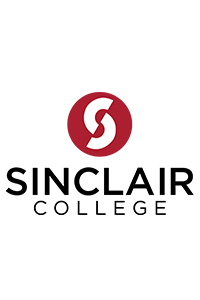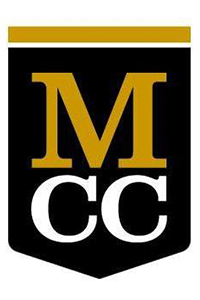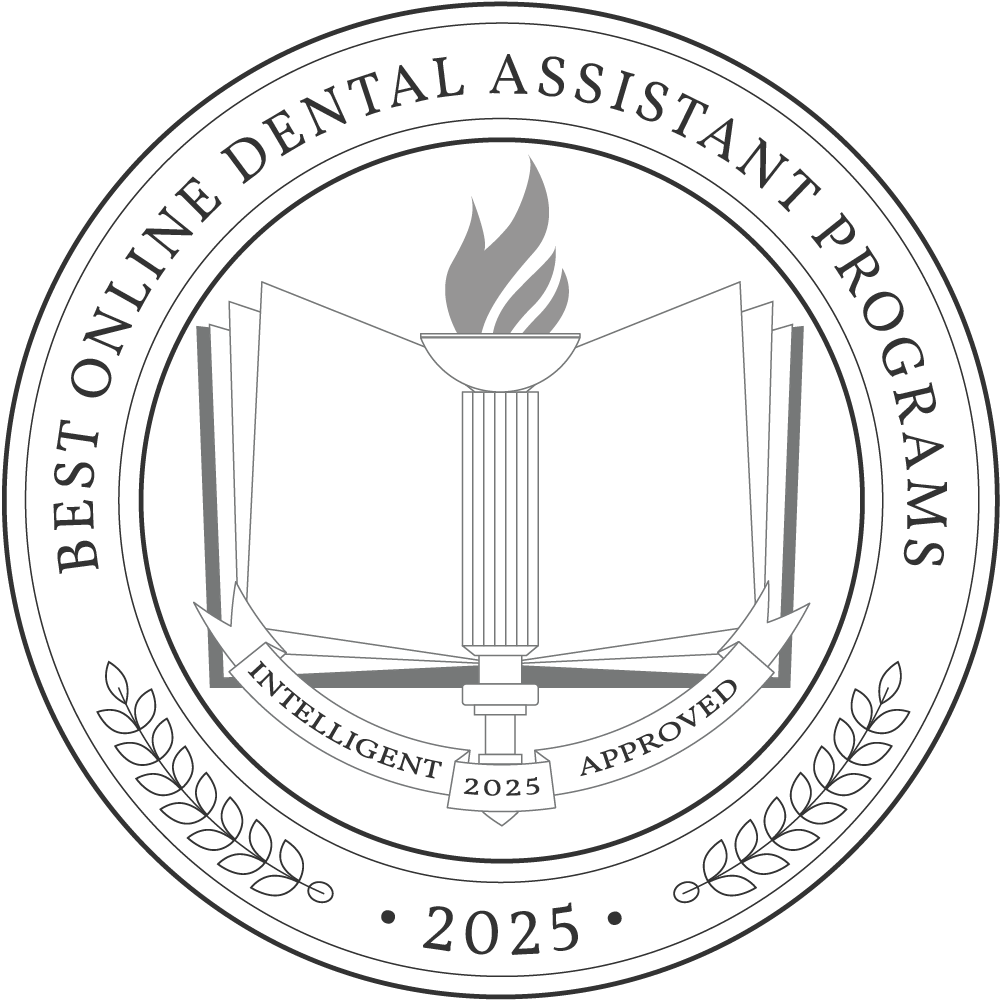Enrolling in an online dental assistant degree program prepares students for a career in the dental field, where they will assist dentists in providing patient care, taking X-rays, and performing administrative tasks. According to the Bureau of Labor Statistics, graduates dental assistants with a median salary of $46,540 per year.
Typically, dental assistant programs take one to two years to complete, depending on whether the student is enrolled full-time or part-time. The average cost of an online dental assistant degree program varies, but students can expect to pay between $3,500 and $17,000 per year in tuition and fees. Financial aid options are available to help offset these costs, making education more accessible.
Why Trust Us
The Intelligent.com Higher Education Team is dedicated to providing students with independent, equitable school and program rankings and well-researched resources. Our expert-driven articles cover topics related to online colleges and programs, paying for school, and career outlooks. We use data from the U.S. Department of Education’s College Scorecard, the National Center for Education Statistics, and other reputable educational and professional organizations. Our academic advisory team reviews content and verifies accuracy throughout the year for the most current information. Partnerships do not influence rankings or editorial decisions.
- Analyzed over 2,000 national, accredited, and nonprofit colleges and universities
- 800+ rankings pages are reviewed and updated yearly
- Content is informed by reputable sources, surveys, and interviews with academic advisors and other experts
- Over 100 data points are reviewed for accuracy and quality throughout the year, including sources
How we rank schools
Our list features the best online Dental Assistance degree programs at top colleges nationwide. Each school featured is a nonprofit, accredited institution — either public or private — with a high standard of academic quality for post-secondary institutions.
We evaluated each school’s program on tuition costs, admission, retention and graduation rates, faculty, reputation, and the student resources provided for online students. We collected data from trusted sources like the National Center for Education Statistics, individual school and program websites, school admissions counselors, and other data sources. Then, we calculated the Intelligent Score on a scale of 0 to 100 based on the following criterion:
Academic Quality:
- Admission rate versus enrollment rate
- Retention rate of students who return after year one
- Accreditation status (regional and programmatic)
- Nonprofit status, both private and public institutions
Graduation Rate
- Overall graduation rate
- Total number of currently enrolled students, including diversity metrics
- Student-to-faculty ratio
Cost and ROI
- In-state and out-of-state per-credit tuition rates and fees
- Required credits to graduate
- Earning potential after graduation
- Availability of federal student loans, scholarships, and other financial aid options
Student Resources
- Available student services for online-only and hybrid programs
- On-campus amenities like tutoring centers and the number of libraries
Read more about our ranking methodology.
Best 3 Accredited Online Dental Assistant Programs
FiltersInstitution Type
Status
- Intelligent Score
- Alphabetically By University Name
- Acceptance Rate
- Enrollment
- In-state Graduate Tuition
- Out-of-state Graduate Tuition
- In-state Undergraduate Tuition
- Out-of-state Undergraduate Tuition

Sinclair College
Intelligent Score: 99.06In-state: $15,526
Out-of-state: $19,273
In-state: NA
Out-of-state: NA
SAT: N/A
ACT: N/A
In-State: $146
Out-of-State: $349
Hybrid
Higher Learning Commission
17

Hudson Valley Community College
Intelligent Score: 95.44In-state: $22,518
Out-of-state: $27,318
In-state: NA
Out-of-state: NA
SAT: N/A
ACT: N/A
In-State: $211
Out-of-State: $422
Online
Middle States Commission on Higher Education
27.0

Monroe Community College
Intelligent Score: 91.73In-state: $21,194
Out-of-state: $21,194
In-state: NA
Out-of-state: NA
SAT: 1050-1260
ACT: 23-31
Resident: $204
Non-Resident: $408
Online
Middle States Commission on Higher Education
24.0
How to Choose an Online Dental Assistant Degree Program
Choose your area of study
Choosing an area of study is a crucial first step when pursuing an online dental assistant degree. This decision shapes your educational path and career trajectory. Start by researching different specializations within dental assisting, such as orthodontics or oral surgery. Consider your interests, strengths, and long-term career goals. Speak with professionals already working in the field for insights into various roles. Review job market trends and salary expectations to ensure your chosen specialization aligns with your career aspirations.
Research schools and programs
Start by looking for accredited institutions, as accreditation ensures the program meets industry standards. Many programs are granted accreditation by the Commission on Dental Accreditation. Explore the curriculum to see if it covers essential topics like dental anatomy, radiography, and office management. Check program flexibility to be sure it can accommodate your schedule, especially if you are balancing work or family commitments. Read reviews and testimonials online from current and former students to gauge their experiences. Investigate the support services offered by each school you are considering, such as career counseling and job placement assistance.
Prepare for tests and applications
Review each potential program’s admission requirements, which often include a high school diploma or GED. Study for any required standard tests, such as the SAT or ACT, and aim to achieve competitive scores. If needed, consider taking a course in text preparation or starting a study group with friends. Gather necessary documents, such as transcripts, letters of recommendation, and a personal statement. Be mindful of application deadlines. Prepare for potential interviews by practicing common questions, preferably with a partner, to give yourself interview experience.
Select your program
Evaluate accredited programs to ensure they meet industry standards and provide quality education. Consider factors such as curriculum, faculty expertise, and available resources. Look into the program’s flexibility. If you need to balance studies with work or other commitments, a program with asynchronous courses may be better for you. Compare tuition costs, financial aid options, and the overall reputation of the institutions. Speak with admissions counselors to get a clearer picture of what each program offers. By thoroughly researching and comparing programs, you can choose one that aligns with your career goals and learning preferences.
Determine how you’ll pay for your degree
Start this process by completing the Free Application for Federal Student Aid (FAFSA) to see what federal grants, loans, or work-study programs you qualify for. Research scholarships specific to dental assisting and healthcare, as you may find organizations that could offer financial support. Check if your chosen school offers payment plans or financial aid packages. Consider part-time work or employer tuition assistance programs if you’re currently employed. Planning your finances ensures you can focus on your studies without the stress of unexpected financial burdens.
What Can You Expect From an Online Dental Assistant Degree Program
An online dental assistant degree program equips students with the knowledge and skills necessary to support dentists in clinical and administrative tasks. Prospective students can expect to learn about dental anatomy, radiography, dental materials, infection control, and patient management. Coursework typically includes both theoretical knowledge and practical skills, such as taking dental X-rays, preparing dental materials, and assisting during dental procedures.
These programs usually take about one to two years to complete, depending on whether the student is enrolled full-time or part-time. In addition to online coursework, students may be required to complete in-person labs or clinical residencies to gain hands-on experience.
Programs may also include communication and office management courses, preparing graduates to handle patient interactions and administrative duties effectively. Upon completion, graduates are prepared for roles as dental assistants in various settings, such as private dental practices, clinics, and hospitals. With a median annual salary of around $46,540, this career offers a rewarding and stable pathway in the healthcare field.
Potential courses you’ll take in an online dental assistant degree program
- Dental Anatomy and Physiology. This course covers the structure and function of the teeth, gums, and oral cavity. Students learn about dental terminology, tooth development, and the identification of dental diseases and conditions.
- Dental Radiography. Students learn how to take and interpret dental X-rays. Topics include radiation safety, proper positioning techniques, and the use of radiographic equipment to assist in the diagnosis of dental issues.
- Infection Control. This course focuses on the principles and practices of infection control in a dental setting. Students learn about sterilization techniques, the use of personal protective equipment (PPE), and protocols for preventing cross-contamination to ensure a safe environment for patients and staff.
- Dental Materials. Students learn about the materials used in dental procedures, including their properties, uses, and handling techniques. It covers composites, amalgams, and impression materials, preparing students for mixing and applying these substances.
- Clinical Dental Assisting. Provides hands-on training in assisting during dental procedures. Students practice skills such as chairside assistance, instrument transfer, and patient preparation and learn how to manage patient records and schedule appointments.
Online Dental Assistant Degree Frequently Asked Questions
How do I apply to an online dental assistant degree program?
Typically, you’ll need a high school diploma or GED; some programs may require prerequisite courses in biology or chemistry or a minimum GPA. Gather necessary documents such as transcripts, letters of recommendation, and test scores if needed. Complete the online application form for your chosen school and pay the application fees. Write a compelling personal statement outlining your interest in dental assisting. Lastly, schedule a meeting with an admissions counselor to discuss your application and ensure you meet all the requirements before submitting.
How much does an online dental assistant degree cost?
An online dental assistant degree typically costs $3,500 to $17,000, depending on the institution. Public institutions are generally cheaper than private, but financial aid may offset the higher cost of private education. In addition to tuition, students should budget for textbooks, lab fees, and other materials. Online programs might be more affordable than in-person programs, as they often eliminate costs related to commuting, housing, and campus fees. However, some online programs may still require occasional in-person labs or clinical residencies, which could incur travel and accommodation expenses.
How long does earning an online dental assistant degree take?
Earning an online dental assistant degree typically takes one to two years, depending on the program and the student’s enrollment status. Full-time students can usually complete the program faster. The total number of required credits generally ranges from 30 to 60. Online programs offer flexibility, allowing students to balance their studies with personal and professional commitments. However, some online programs may require in-person labs or clinical residencies, which can extend the time needed to complete the degree.

